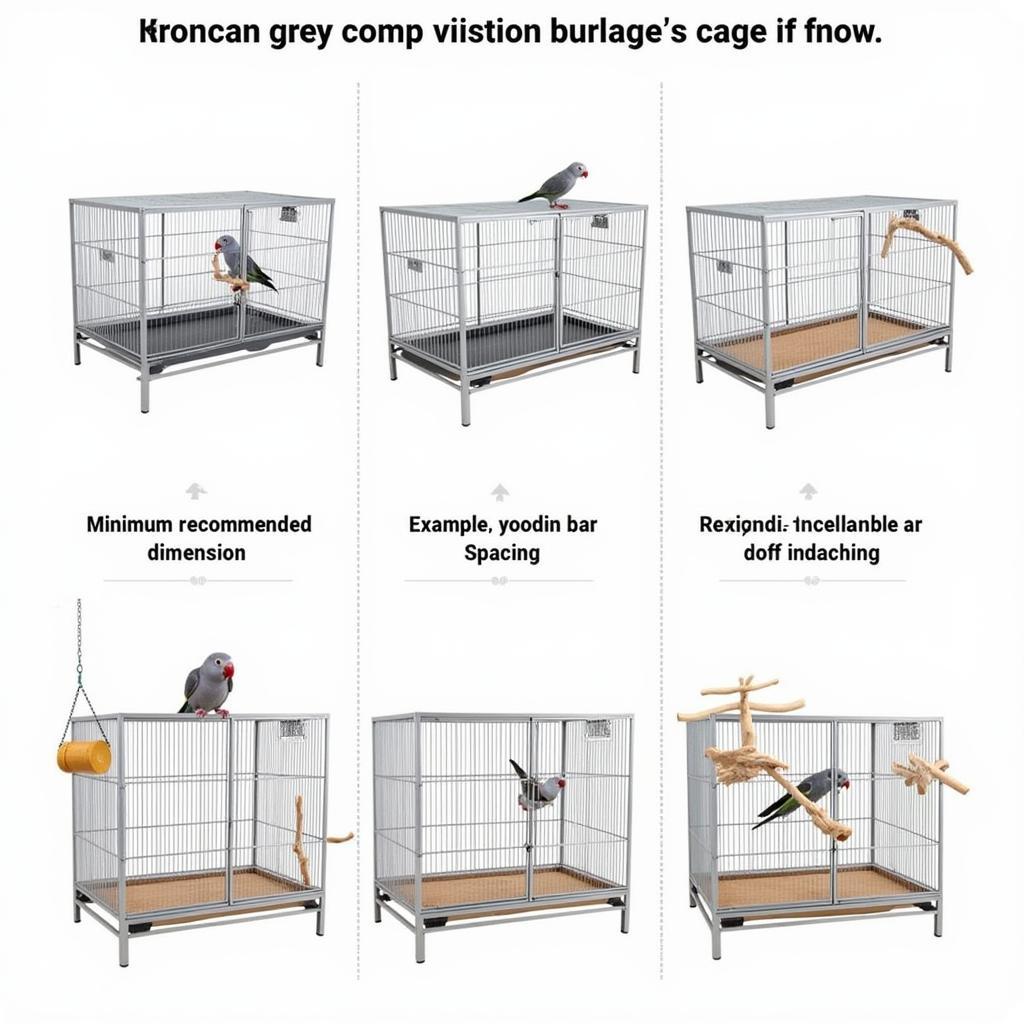African Clawed Frog Care: A Comprehensive Guide
African Clawed Frog Care requires a dedicated approach. These fascinating aquatic creatures, native to Sub-Saharan Africa, demand specific conditions to thrive in captivity. This guide will delve into every aspect of their care, ensuring your pet frog lives a long, healthy, and happy life.
Whether you’re a seasoned amphibian enthusiast or a beginner, understanding the nuances of african clawed frog care is crucial. From setting up the perfect habitat to providing the right diet, we’ll cover everything you need to know. Let’s dive into the world of these unique aquatic pets!
Setting up the Perfect Aquatic Environment for Your Frog
Creating a suitable habitat is the first step in responsible african clawed frog care. A properly sized tank, appropriate filtration, and the correct water parameters are vital for their well-being.
- Tank Size: A 10-gallon tank is sufficient for one or two African clawed frogs. Larger tanks are necessary for more frogs, allowing ample space for swimming and exploring.
- Filtration: A good quality filter is essential to maintain water quality. Choose a filter that provides both mechanical and biological filtration. Avoid filters that create strong currents, as African clawed frogs prefer still water.
- Water Parameters: Maintain a pH level between 6.5 and 7.5. The water temperature should ideally be between 70 and 80 degrees Fahrenheit. Regular water changes are crucial to remove waste and maintain optimal water quality.
Remember, a clean and well-maintained tank is the foundation of good african clawed frog care.
After establishing the tank environment, you’ll need to add substrate and decor. Smooth gravel is ideal as a substrate, as it won’t injure the frogs’ delicate skin. Avoid sharp stones or decorations.
Feeding Your African Clawed Frog
Understanding their dietary needs is another crucial element of african clawed frog care. These carnivorous amphibians have a hearty appetite and require a varied diet to thrive.
- Commercial Frog Food: High-quality commercial frog pellets should form the basis of their diet. These pellets are formulated to provide essential nutrients.
- Live Food: Supplement their diet with live foods such as bloodworms, earthworms, and brine shrimp. These provide enrichment and stimulate their natural hunting instincts.
- Feeding Frequency: Adult African clawed frogs should be fed every other day, while younger frogs may require daily feedings.
Avoid overfeeding, which can lead to obesity and water quality issues. Always remove uneaten food promptly. Maintaining a healthy diet is crucial for successful african clawed frog care.
Common Health Issues and Their Prevention
Like any pet, African clawed frogs are susceptible to certain health problems. Understanding these potential issues and taking preventative measures is part of responsible african clawed frog care.
- Red Leg Syndrome: This bacterial infection is characterized by redness on the frog’s legs and underside. Maintaining good water quality is key to preventing this condition.
- Bloating: Overfeeding or swallowing air can cause bloating. Ensure proper feeding practices and avoid overcrowding the tank.
- Fungal Infections: These can appear as white or fuzzy patches on the frog’s skin. Quarantine new frogs and treat any infected individuals promptly.
For specific guidance on recognizing and addressing health concerns, resources like the african clawed frog care wikihow offer valuable insights. Understanding potential health problems is a vital part of responsible pet ownership.
Breeding African Clawed Frogs
Breeding African clawed frogs can be a rewarding experience, but it requires careful planning and preparation. See our detailed guide on african clawed frog eggs care for specific instructions.
“Breeding African clawed frogs can be a complex undertaking, requiring a deep understanding of their reproductive cycle and specific environmental needs,” says Dr. Anya Sharma, a renowned herpetologist. “Providing optimal conditions is key to successful breeding and ensuring the health of both the parents and the offspring.”
Ensuring Long-term Health and Happiness
African clawed frog care is an ongoing commitment. By providing a suitable environment, a nutritious diet, and regular monitoring, you can ensure your frog lives a long, healthy, and fulfilling life. Learn more about the african clawed frog habitat and the development of the african clawed frog tadpole.
“These fascinating creatures can bring years of joy to their owners with proper care,” adds Dr. Sharma. “Remember, responsible pet ownership requires dedication and a commitment to providing the best possible care for these unique animals.”
In conclusion, african clawed frog care involves a multifaceted approach encompassing habitat setup, diet, health management, and understanding their natural behaviors. By following these guidelines and staying informed, you can ensure your African clawed frog thrives in its captive environment.
FAQs
- How often should I clean my African clawed frog’s tank? Partial water changes should be performed weekly, and a full tank cleaning should be done monthly.
- What are the signs of a healthy African clawed frog? A healthy frog will have clear eyes, smooth skin, and a good appetite.
- Can African clawed frogs live with other fish? While possible, it’s generally not recommended as they may try to eat smaller fish or be stressed by larger, more active tank mates.
- How long do African clawed frogs live? With proper care, they can live for 15-20 years.
- Where can I find more information about african clawed frog care? You can find additional information online or consult with a local veterinarian specializing in amphibians.
- What should I do if my African clawed frog stops eating? Consult a veterinarian specializing in amphibians as this can be a sign of illness.
- Are African clawed frogs good pets for beginners? They can be, provided the owner is willing to learn about their specific care requirements.
You might also be interested in learning about the challenges faced in an african jail.
Need more information? Explore other related articles on our website.
Need help? Contact us 24/7 at Phone: +255768904061, Email: kaka.mag@gmail.com or visit us at Mbarali DC Mawindi, Kangaga, Tanzania.

